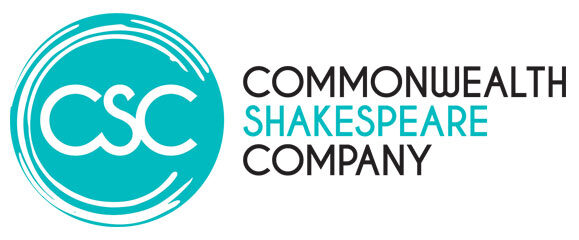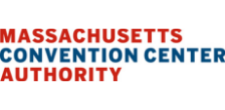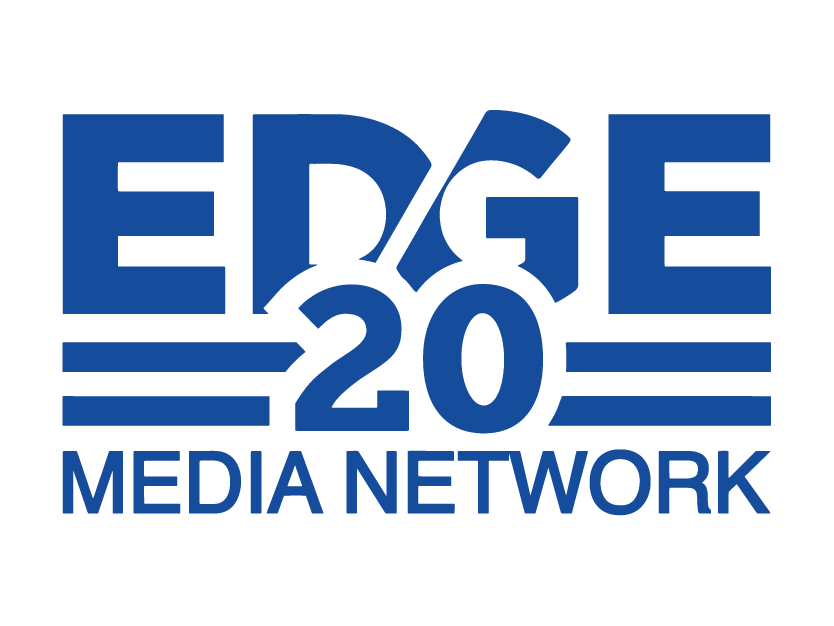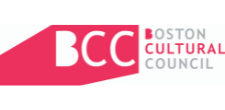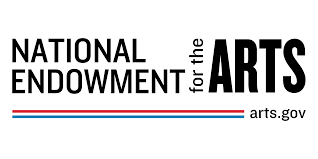Commitment to Racial Equity
Commonwealth Shakespeare Company (CSC) was founded to provide people from all walks of life access to great theater, and we recognize that in order to truly fulfill that vision we need to take our commitment to anti-racism much further. As the producers of Free Shakespeare on the Boston Common–a highly visible and emblematic part of Boston’s cultural landscape–the choices we make have a magnified impact. We have an opportunity and obligation to not only reflect the demographics of Boston in our theater making, but also the ideals of our City’s multi-faceted communities.
To readers who may not be familiar with the context of this letter, or the most current use of vocabulary herein, we offer these as a reference: the first from from Racial Equity Tools, and another from Washington University in St. Louis, and we invite you to explore the vast resources collected by StageSource.
We are committed to understanding how the structure of our artistic and education programs, our hiring and casting processes, our operations, and our board governance–along with a long history of Eurocentrism in classical theater and specifically Shakespeare–have all contributed to exclusion and racism in our theater community. We are committed to transforming the existing structures that perpetuate such exclusion. We are committed to taking anti-racist action to eliminate the harm experienced by our Black, Indigenous, and People of Color (BIPOC) community members. We are committed to collaborating with artists who will advance our work and strengthen our community.
To help us in our initial stages, we have engaged the Anti-Racism Collaborative consulting group to guide a multi-phased engagement to help our team navigate this process with purpose; set concrete goals; and ensure long-term sustainability for anti-racism and diversity, equity and inclusion (DEI) at CSC.
We have begun this work with a process of reckoning with our privilege and our history, especially with regard to race. While this work will be ongoing, here are some of the steps we are currently taking:
- 16-week staff-wide Anti-Racism training with the Cultural Equity Learning Community (CELC), with other staff training to follow
- Anti-Racism Check-In at each staff meeting
- Four paid Anti-Racism work hours per month for each full and part-time year-round staff member to spend on personal Anti-Racism work
- The establishment of a board DEI committee that will help guide anti-racism work at the board level
As this work continues, we are evaluating how our privilege informs our policies and practices to the detriment of our BIPOC colleagues. Here are some things we are considering as we learn:
- The ways in which our casting, recruitment, and hiring practices favor candidates with certain privileges
- The barriers that exclude BIPOC participation in our educational programs, including, but not limited to, length of work days, cost of program and housing, etc.
- The structures and policies that have prevented BIPOC people from joining our staff, board, production teams, and audiences in a magnitude that reflects the makeup of our community
- The ways our operational practices, including management, marketing, and fundraising, create an organization and industry that can be harmful to BIPOC members of our community
- The demands we place on our staff and production teams and how they promote unhealthy and imbalanced lives and also how these imbalances are especially harmful to BIPOC employees
After a thorough evaluation, we will transform the policies and practices that are preventing us from reaching our goal of becoming a more equitable, diverse, and inclusive institution, and therefore more fully realize our mission. Organizational changes will be heavily informed by the first two steps and embedded into our business and operations strategies. We want to learn about ourselves and the problem, so that we can create deep and meaningful change; however, there are some specific efforts already underway right now:
- Development of programming meant to uplift BIPOC artists’ voices in classical theater and in the Boston theater community, like the
“Co-Lab,” our new training program created in collaboration with The Front Porch Arts Collective - Development of and practice of sharing a Land Acknowledgement before our programming
- Establishment of five (5) full scholarships to our Apprentice Program, in addition to our current need-based financial aid, awarded to BIPOC applicants
- Delivery of our training programs in a way that promotes physical and mental well-being and financial sustainability, therefore fostering more equitable participation in these programs
- Intentionally regarding the representation of BIPOC artists and artisans in a manner reflective of our community and as a top priority–onstage, offstage, and in all of our programming–from Shakespeare on the Common to our Apprentice Program
We will sustain our anti-racist work through methods of transparency and accountability, including a process of on-going reflection and evaluation. Efforts underway include:
- A dedicated line item in our annual budget to ensure these efforts are adequately resourced
- Ongoing staff and board DEI and anti-racism training
- A mandate for the board DEI committee to oversee anti-racism progress in the Company, and to hold management accountable for missing set goals
- Establishment of clear reporting channels for artists and project contractors to raise concerns about racism in the Company
- Development of quantitative measures that reflect progress towards our goals and make our progress publicly available
- The use of “BIPOC Demands for White American Theater” and its further iterations as a guide to keep us striving toward a sustainable anti-racist Company
We recognize that this is only a beginning and that we must hold ourselves accountable not only to anti-racist action, but to all aspects of diversity, equity, and inclusion, including but not limited to: sexism, ableism, classism, heterosexism, cisgenderism, and areas of intersectionality. We look forward to the work ahead and the positive changes it will bring to our organization and our community.
Black Lives Matter: A Message from CSC
June 3, 2020
Dear Friends,
The unfolding events of the past week have led us to a place of deep reflection and resolve. We grieve for the family and friends of George Floyd, and for the countless other people of color who have suffered from and live in fear of police and other forms of racially-motivated violence every day. We embrace the fact that to live in this country and enact change, we must face our ugly truths. We must invite the uncomfortable. We must acknowledge our privilege and do better for our fellow humans.
Commonwealth Shakespeare Company stands with Black Lives Matter and the protest movement toward systemic change. We continue to look within to confront our weaknesses and blindspots with the objective of broadening and fostering inclusion, equity, and especially, access – which has been one of the pillars of our company since its inception. The work we have done and continue to do is vital, but we also acknowledge we must focus our efforts beyond access toward anti-racism: not just to provide a route around the barriers of inaccessibility, but to support the deconstruction of the barriers themselves. Meaningful and authentic change needs thought and time, and even as we acknowledge that the moment is long past due, we want you to know we are engaged, and we will act with urgency.
But what can we do now, today? In an amazing forum yesterday, led by the Theatre Communications Group, we learned about how to be better Anti-Racist allies. We invite you to join us as we explore these excellent resources and suggestions:
1. Listen to and check in with your Black friends and other friends of color.
2. Read about Anti-Racism from Black authors.
3. Read about the Movement.
4. Donate to Bail Funds for protesters.
4. Discover and support, with time or money, other non-profits working on behalf of BIPOC.
6. Engage with or become a member of Stagesource, a terrific Black and Queer led organization that’s at the forefront of advocacy for theater artists in New England. (Stagesource’s list of anti-racism resources will soon be amplified here)
We commit to amplifying these resources now, as we send these out to you. We ask you, our friends, to take even the simplest action, and pass them along to others, too.
With love and solidarity,
Commonwealth Shakespeare Company
Featured Photo: Hands of various races in a tight square, red CSC logo in the corner
